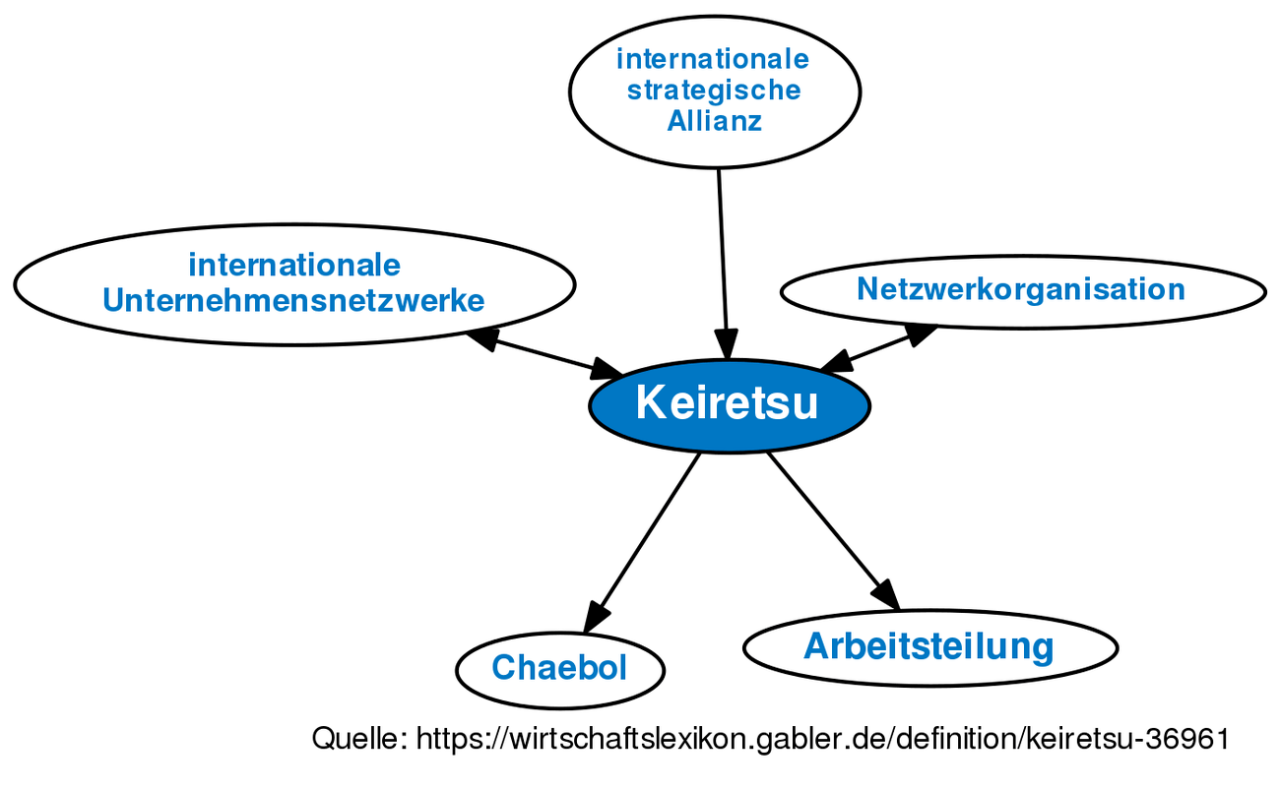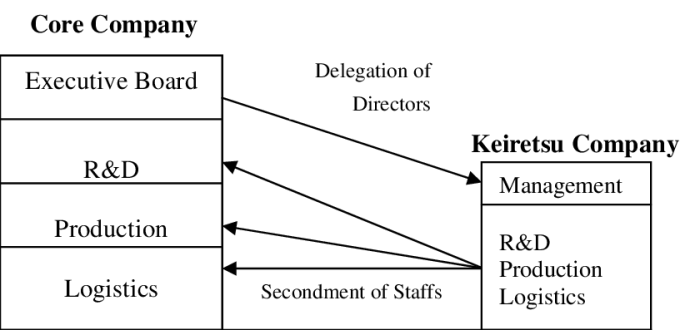The japanese concept of a company coalition of suppliers is: – The Japanese concept of keiretsu, a company coalition of suppliers, has played a pivotal role in Japan’s economic development. This intricate network of inter-connected businesses offers a unique model of supplier relationships, fostering collaboration and innovation.
Keiretsu has evolved over time, adapting to the challenges of globalization and technological advancements. Understanding its structure, benefits, and challenges provides valuable insights into the dynamics of global supply chains and the future of business relationships.
1. Supplier Coalitions in Japan: The Japanese Concept Of A Company Coalition Of Suppliers Is:

Supplier coalitions, known as keiretsu, are a distinctive feature of the Japanese business landscape. They are long-term, cooperative relationships between manufacturers and their suppliers, characterized by cross-shareholding, interlocking directorships, and close coordination.
Historical Development of Keiretsu, The japanese concept of a company coalition of suppliers is:
Keiretsu emerged in the early 20th century as a response to the need for stable supply chains and risk reduction. They were initially formed by large trading companies, which used their financial resources and market power to create networks of suppliers that could meet the specific requirements of their manufacturing clients.
Types of Keiretsu
There are several types of keiretsu, including:
- Horizontal Keiretsu:Composed of companies in the same industry that collaborate on research, development, and production.
- Vertical Keiretsu:Consists of companies in different industries that are linked through supplier-customer relationships.
- Financial Keiretsu:Characterized by cross-shareholding and interlocking directorships among companies in different industries.
Popular Questions
What is the primary benefit of keiretsu for suppliers?
Keiretsu provides suppliers with long-term contracts, stable demand, and access to advanced technologies and resources.
How does keiretsu differ from Western supplier relationships?
Keiretsu relationships are characterized by strong interdependence, cross-shareholding, and long-term commitment, while Western supplier relationships tend to be more transactional and short-term.
What are the challenges associated with keiretsu?
Keiretsu can lead to reduced competition, higher prices for consumers, and difficulties for new entrants to the market.


